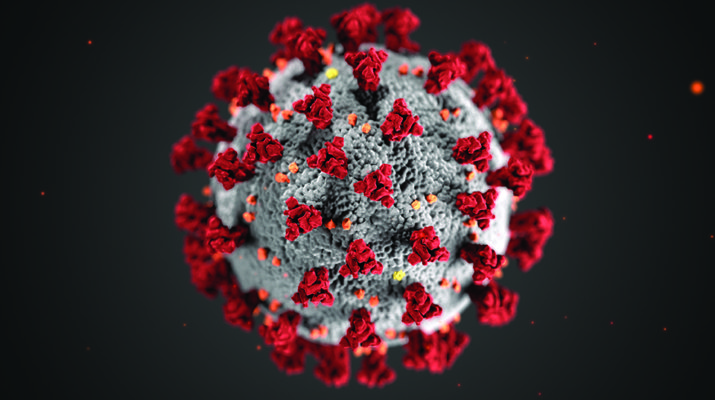On Nov. 3, COVID-19 Unified Command released eligibility guidelines for receiving a COVID booster shot.
For people who have received a Pfizer or Moderna series, people who are 65 years and older, long-term care residents, people who have underlying medical conditions, or people who work or live in high-risk settings are eligible to receive a COVID booster shot. For those who received the J&J vaccine, the booster shot is available at least two months after receiving the vaccine. People are allowed to receive any one of the three booster shots.
Officials are urging people to seek answers to questions regarding the vaccine from credible sources.
“As a grandma, I encourage parents to please have their children five and older vaccinated. If you have questions, please talk with your physician, school nurse, pharmacist, or call us at public health,” said Kim Engel, Panhandle Public Health District Director.
A release from Unified Command notes that the Pfizer vaccine is more than 90 percent effective in children 5-11.
“Getting your child vaccinated can help protect them against COVID, as well as reduce disruptions to in-person learning and group activities by helping curb community transmission,” the release stated.
Unified Command noted that COVID vaccines continue to undergo rigorous safety monitoring. They note that in clinical trials, consisting of approximately 3,000 children, “serious side effects were rare and self-limiting.”
The vaccine is available throughout the Panhandle, and there is no charge for the vaccine. In the last week, as of press time, there were a total of 219 cases reported throughout the Panhandle, with 36 cases occurring in the Northern Panhandle, 41 cases in the Southern Panhandle, and 60 cases in Scotts Bluff County.
The Department of Health and Human Services announced on Monday that hospitalizations in Nebraska due to coronavirus have risen above 10 percent, triggering a return to daily COVID-19 reporting on the Nebraska Hospital Capacity and Respiratory Illness Dashboard.
DHHS announced they will also add tabs on the dashboard to show data on Respiratory Syncytial Virus, and Influenza A and B in Nebraska.

